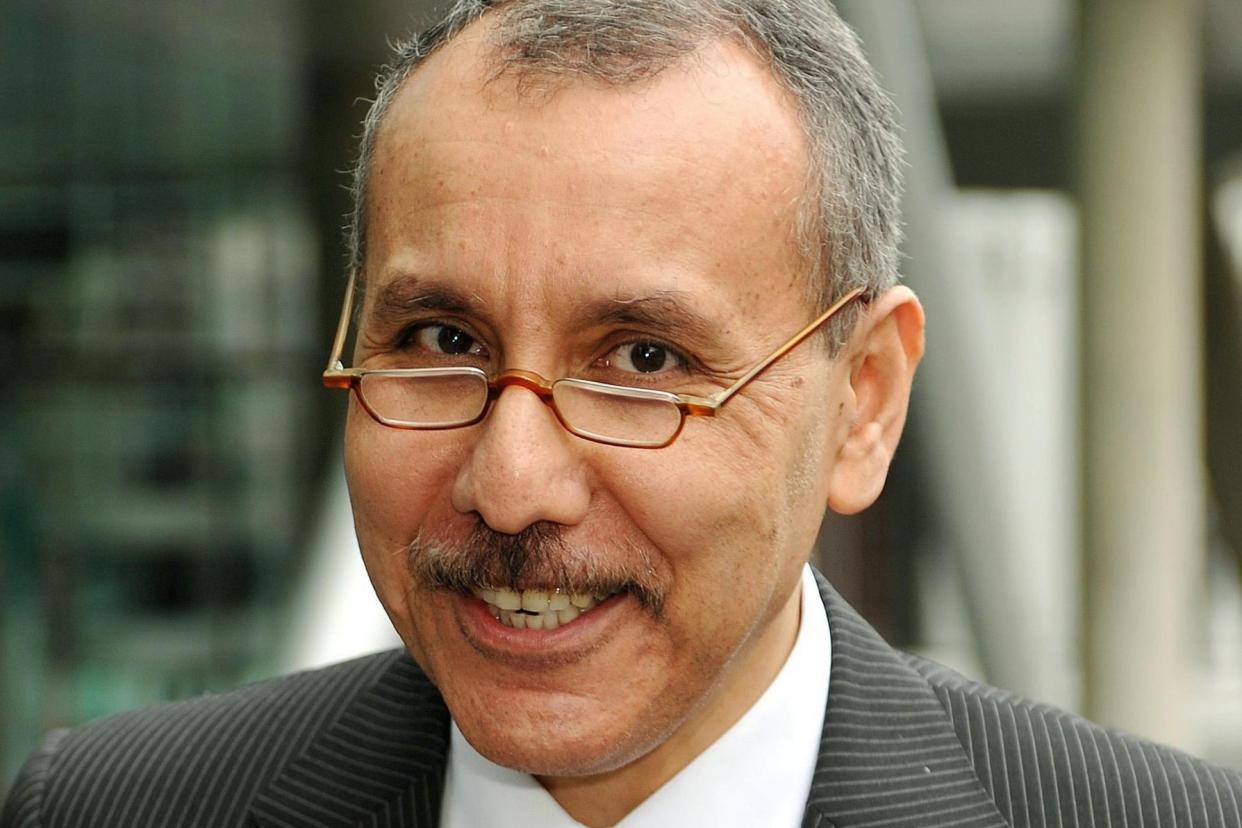Fertility doctor offers women a bargain deal to freeze eggs

One of Britain’s most controversial fertility doctors is to cut the price of egg freezing by more than two thirds in a bid to convince more women in their thirties to undergo the procedure.
Mohammed Taranissi is offering to “bank” the eggs of women aged 38 and under for £750 plus £1-a-day storage, down from the typical £3,500 cost of one-off egg freezing.
The bargain deal is being offered at his ARGC clinic in Harley Street and the New Life Clinic in Epsom, Surrey, and comes after a report showed a huge rise in egg freezing.
Dr Taranissi told the Standard: “We were the first to carry out this procedure and I want to be the first to make it affordable for more women. There is so much pressure on women and many are now delaying having a family... let’s try and preserve their fertility and ease that pressure. I am not saying egg freezing is a magic solution but at least it gives women options.” However, the deal does not include the cost of drugs and blood tests, up to £2,000.
Freezing allows women to keep their own eggs until they are ready to use them, but pregnancy success rates are still only 18 per cent.
'I'm freezing eggs for children at 40'
A financial consultant preparing to freeze her eggs in the next few weeks believes more women should be given the option.
Judith Sarpong, below, who is in her midthirties, wants children before she is 40 and will consider using a sperm donor if she hasn’t met anyone by then.
She told the Standard: “I don’t want to be with somebody just because my clock is ticking. I want to be able to take my time to find the right person and freezing my eggs
gives me a feeling of security. But if I get to 40 or 45 and I haven’t met the right person I also want the option to use a sperm donor so that I don’t miss out on the chance to have children.”
Ms Sarpong, from West Sussex, is aware of the low success rates but wants to take the chance. She said: “You assume you will be married with kids by 30 but these days it just
doesn’t happen that way. I know that many of my eggs may not survive the defrosting but if I can just get one or two that will give me a chance to have a child.”
Ms Sarpong saved money on the cost of egg freezing by undergoing blood tests at her doctor and ordering her fertility drugs from Asda and Tesco.
The first report into egg freezing by the Human Fertilisation and Embryology Authority found the number of women freezing their eggs has doubled since 2013 and risen 460 per cent since 2010.
Women take powerful drugs to stimulate the ovaries to produce as many eggs as possible then have a “retrieval” operation under local anaesthetic. The eggs are then stored for future use as part of IVF treatment. Recorded success rates are still low but doctors claim this is partly because most women freezing their eggs currently are in their late thirties and early forties. The HFEA says eggs frozen before women are 35 — and ideally younger — have a better chance.
Dr Amin Gafa of the New Life Clinic, owned by Dr Taranissi, said: “The truth is many women don’t think about a baby until after 35, so we are just reflecting reality. We live in a very competitive world and having a child can affect your career and chances of progressing.”
Dr Taranissi, who was said to earn £25 million a year in 2012, will face claims he is encouraging women to postpone motherhood and creating false hope for older women. But he said he was losing money on the deal.
He has faced controversy in the past. Dr Taranissi was paid almost £1 million by the BBC after a legal battle over allegations about his techniques on Panorama in 2007. He also had disputes with the HFEA and a raid in 2007 on one of his clinics was found to be illegal.
Fertility expert Dr Zeynep Gurtin from UCL said any significant reduction to freezing costs is welcome but “I would still urge women to think carefully about the pros and cons.” Under fertility laws women freezing eggs for “social reasons” must use them within 10 years.

 Yahoo News
Yahoo News 
